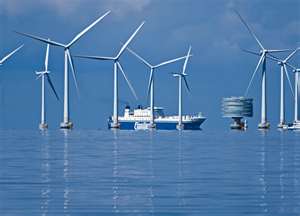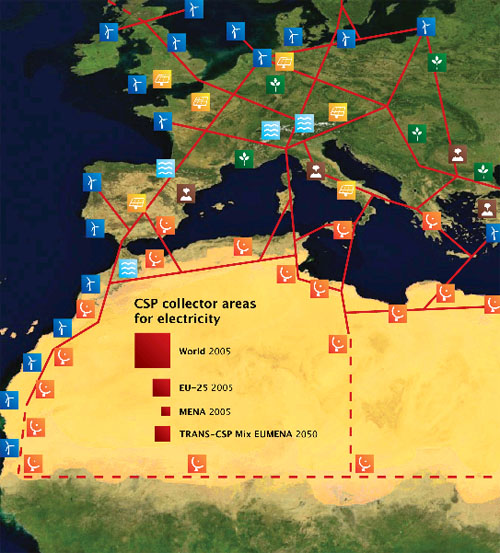 Two wind energy items arrived in my inbox in close proximity recently. One was from the NZ Wind Energy Association (NZWEA) congratulating Meridian Energy on turning the first sod at Mill Creek wind farm in the Ohariu Valley north-west of Wellington. It’s a 60 megawatt farm of 26 turbines. The project will cost $169 million and is expected to be commissioned by mid-2014. It will increase NZ’s installed wind capacity from 623 megawatts to 683 megawatts.
Two wind energy items arrived in my inbox in close proximity recently. One was from the NZ Wind Energy Association (NZWEA) congratulating Meridian Energy on turning the first sod at Mill Creek wind farm in the Ohariu Valley north-west of Wellington. It’s a 60 megawatt farm of 26 turbines. The project will cost $169 million and is expected to be commissioned by mid-2014. It will increase NZ’s installed wind capacity from 623 megawatts to 683 megawatts.
NZWEA’s chief executive made appropriate remarks to accompany the announcement, reiterating the expectation that at least 20% of NZ’s electricity will be generated from wind by 2030 and noting the technology advances in harnessing wind which is now one of the lowest cost options for new generation in New Zealand.
It’s good to see the steady progress in the development of wind energy in NZ, although it seems to arouse little excitement in Government circles who reserve most of their interest for further fossil fuel development. And a report in Saturday’s NZ Herald was a sobering reminder that the $7 billion invested in the oil and gas sector over the past five years puts it far ahead of any other local sector when it comes to investment in new productive capacity. NZ is hardly on the brink of transition from fossil fuels, hardly, it seems, even interested in the possibility while there’s money to be made from exploiting them.

 MP Nick Smith in a NZ Herald
MP Nick Smith in a NZ Herald 
 Will Hutton’s Observer
Will Hutton’s Observer  The NZ Herald business supplement recently carried a thoughtful
The NZ Herald business supplement recently carried a thoughtful